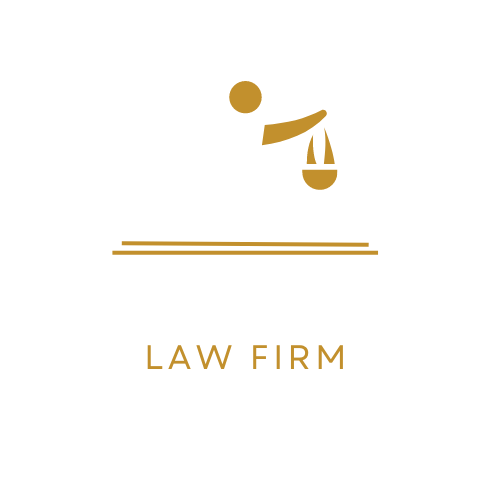
Most personal injury attorneys work on a contingency fee basis. This means they charge a percentage of any final awards or settlement amounts awarded; usually between 33% to 40%. This arrangement makes legal services more accessible for individuals who can’t afford hourly rates or flat fees upfront.
Contingency fee
Contingency fees are a standard percentage of money recovered through legal actions, typically 33-40 percent of settlement or judgment amounts. They tend to be higher for more complex cases and lower in weaker ones.
Attorneys may charge a flat fee, which is an agreed upon price that remains fixed regardless of whether they win or lose your case. Although less common among personal injury claims, this might be an alternative if you can’t afford hourly rates.
Contingency fees are the go-to billing arrangement for attorneys and can provide injured victims with several advantages. They remove financial barriers to legal representation, align the attorney’s interests with that of their client’s success and align themselves more closely with them than hourly rates or fixed fees do. Some attorneys also use sliding scale billing – this method takes household income and family size into consideration and serves as an excellent option for those unable to afford hourly or fixed rates of payment.
Hourly rate
If you have been injured in a car accident or experienced medical malpractice, hiring an attorney is vitally important to recovering damages. Unfortunately, these attorneys can be expensive and hard to afford, but don’t despair; there are ways you can cut costs and find an appropriate lawyer.
One solution is to hire a personal injury attorney on a contingency basis, which means they only receive payment if their client wins the case. This arrangement has become very popular amongst personal injury attorneys because it enables clients to retain their services without needing to pay upfront fees.
Personal injury attorneys typically charge both a contingency fee and hourly rate for their services, which serves as an easy way to cover expenses such as court filing fees, expert witness fees, medical records costs etc. Most personal injury lawyers must clearly outline all fees arrangements and charges before you enter into an agreement with them.
Fees based on experience
Personal injury attorneys typically charge a contingency fee that ranges between 33-34% of any final settlement or court judgment, although this fee could be higher depending on the complexity of your case. It is essential that you fully understand their fee structure and any possible deductions before agreeing to work with one.
Your initial written agreement should clearly outline a lawyer’s fee. Certain costs are unavoidable and considered essential such as long distance calls and copying costs, while more costly items like hiring experts or scheduling special court proceedings must also be included in this calculation.
Personal injury lawyers must also be open about the cost of gathering case-relevant evidence such as witness statements or video footage for your case. Timely evidence must be secured quickly in order to be useful in court proceedings or appeal proceedings; personal injury attorneys should make it clear they will cover these expenses themselves, since disagreements over fees often become an obstacle between victims of car accidents and their attorneys.
Fees based on a sliding scale
Personal injury lawyers may charge clients on a sliding scale fee basis as an alternative to contingency fees, providing legal aid even if they cannot afford an hourly rate attorney. Although less prevalent than contingency fees, this arrangement allows clients access to legal help at affordable prices.
Personal injury attorneys might offer to accept cases that involve multiple defendants and medical bills at a lower hourly rate; however, such complex claims often take longer to resolve than simpler claims.
As well as attorney hourly rates, cases entail other expenses related to them, including document retrieval from healthcare providers or postage. These can add up over the course of an attorney case. Once your sliding fee policy has been developed and published publicly, it can help inform patients exactly what to expect in terms of fees.

